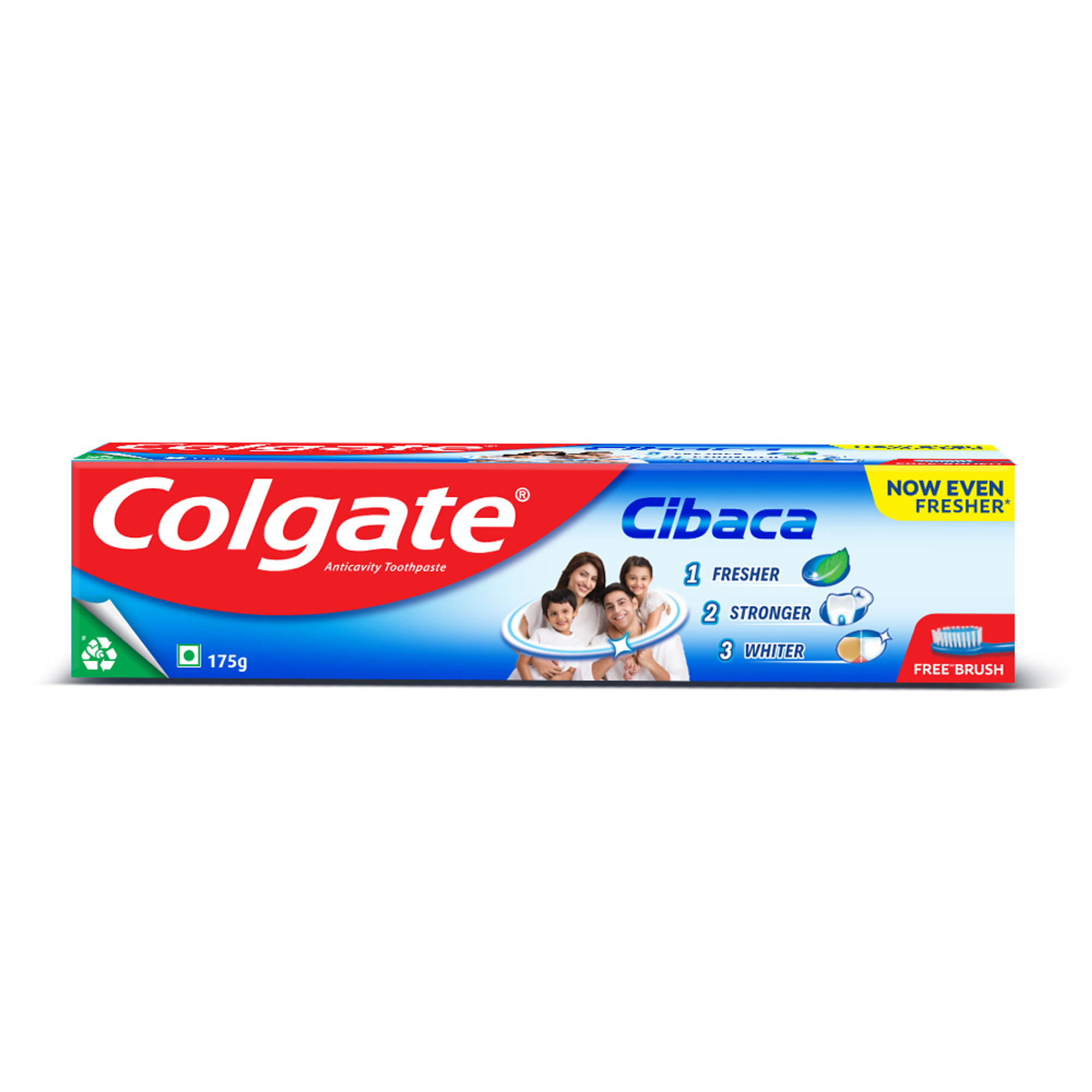It’s a chronic or recurring condition causing a burning sensation in the mouth. The burning can occur on the lips, tongue, palate, throat and cheek area. It can become so intense that it feels as if you actually scalded your mouth. This syndrome is also sometimes called stomatodynia or glossodynia.
In addition to the burning sensation, some other issues that occasionally accompany burning mouth syndrome, including:
- Dry mouth (xerostomia)
- Sore mouth
- Tingling sensation in the mouth
- Numbness in the mouth or tongue
But what kicks off this mysterious condition? Find out below.
Possible causes
Doctors and dentists are not always able to find the cause of this unpleasant and painful disorder. According to the American Dental Association and the Mayo Clinic, it has been linked to multiple conditions — most of which require a medical diagnosis to confirm, including:
- Menopause or hormonal changes
- Peripheral nervous system problems
- Central nervous system problems
- Diabetes
- Xerostomia, or dry mouth
- Oral issues (tongue thrusting, grinding of teeth)
- Oral thrush (Fungal infection of the mouth)
- Acid reflux
- Geographic tongue
- Nutritional deficiencies
- Ill-fitting dentures
- Allergies
- Anxiety and stress
It may seem like a daunting list, but you can get help – from a firefighter, of sorts.
Medical solutions
It is important to see your physician or dentist for an examination and oral evaluation. They will review your medical history, determine what the cause of this problem is, and determine next steps for diagnosis.
Medical testing includes blood tests, salivary measurements to confirm you have a reduced saliva flow, biopsy in the oral cavity, allergy testing and radiographic imaging.
“But I need help now, before my appointment!” you may be wailing. Stay cool. Next, we’ll find out what tips can turn down the heat.
Short-term relief: 4 tips
- For immediate relief, cut acidic foods and drinks from your diet. Replace them with mild or alkaline foods, such as bananas, raisins, dried apricots, dairy products and potatoes.
- Keep some cool water on hand for instant relief. Also, to keep teeth and gums clean during an outbreak of burning mouth syndrome, try to use products designed for sensitive teeth.
- During this time, mouthwash should be a no-no. If you really want to use it, look for one designed to alleviate the symptoms of dry mouth.
You don't have to suffer with burning mouth syndrome, but you'll probably need help from a health care professional to find the cause and get true relief.
Original content by Laure Justice
This article is intended to promote understanding of and knowledge about general oral health topics. It is not intended to be a substitute for professional advice, diagnosis or treatment. Always seek the advice of your dentist or other qualified healthcare provider with any questions you may have regarding a medical condition or treatment.
ORAL HEALTH QUIZ
What's behind your smile?
Take our Oral Health assessment to get the most from your oral care routine
ORAL HEALTH QUIZ
What's behind your smile?
Take our Oral Health assessment to get the most from your oral care routine













